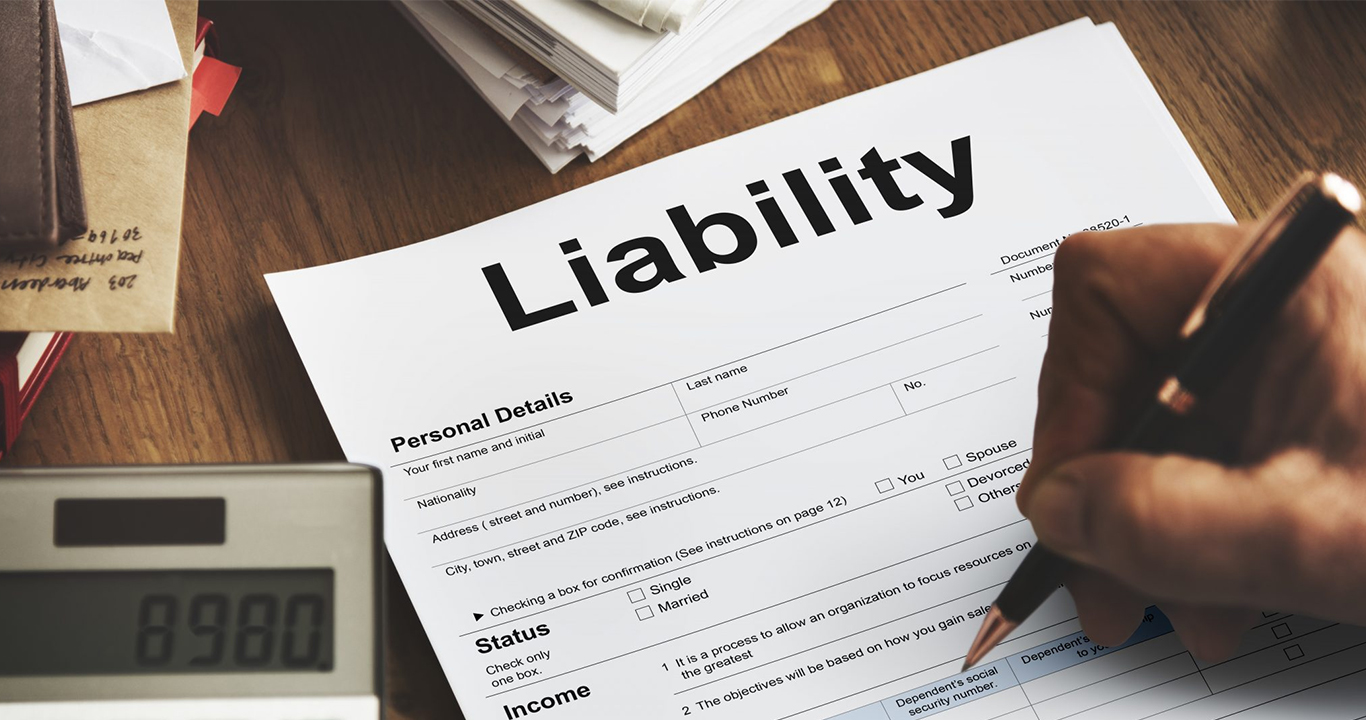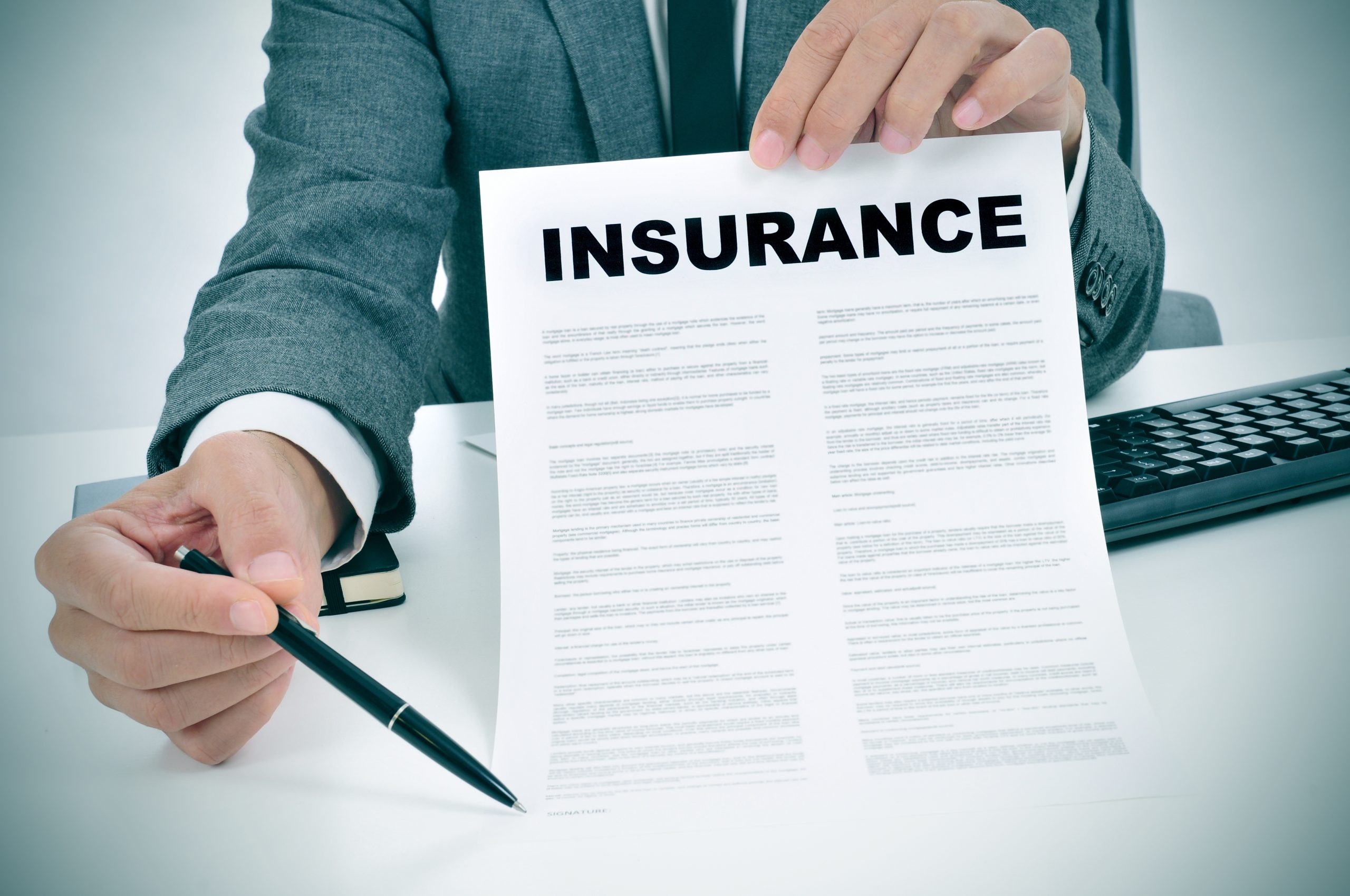Corporate general liability insurance is a crucial safeguard for businesses, offering protection against a wide range of potential risks. As we delve into the intricacies of this insurance, you’ll uncover the essential aspects that every business owner should know.
Overview of Corporate General Liability Insurance
Corporate general liability insurance is a crucial coverage that helps protect businesses from financial losses resulting from claims of bodily injury, property damage, and advertising injury. It provides coverage for legal costs and settlements if a third party sues the business for these types of claims.
Types of Claims Covered
- Bodily Injury Claims: This includes injuries sustained by individuals on the business premises or as a result of the business operations.
- Property Damage Claims: Covers damage to property belonging to others caused by the business operations.
- Advertising Injury Claims: Protects against claims of slander, libel, copyright infringement, or misappropriation of advertising ideas.
Importance of Corporate General Liability Insurance
Having corporate general liability insurance is essential for businesses of all sizes to safeguard against unexpected events that could lead to costly lawsuits. Without this coverage, a business may have to bear the financial burden of legal defense and settlement costs, which could potentially bankrupt the company.
Coverage Limits and Exclusions

When it comes to corporate general liability insurance, understanding the coverage limits and exclusions is crucial for businesses to adequately protect themselves from potential risks.
Coverage Limits
- General liability insurance policies typically have per-occurrence and aggregate limits. The per-occurrence limit is the maximum amount the insurer will pay for a single claim, while the aggregate limit is the total amount the insurer will pay for all claims during the policy period.
- It’s important for businesses to carefully consider these limits when purchasing coverage to ensure they have adequate protection against potential liabilities.
- Higher coverage limits may come with higher premiums, but they can provide greater financial security in the event of a large claim or multiple claims.
Exclusions, Corporate general liability insurance
- Common exclusions from coverage in corporate general liability insurance policies include intentional acts, professional errors, pollution, and employment-related claims such as discrimination or harassment.
- Insurance companies may also exclude coverage for certain industries or activities that are considered high-risk, such as aviation or hazardous waste disposal.
- It’s essential for businesses to review their policy exclusions carefully to understand what is not covered and consider purchasing additional coverage or endorsements if needed.
Scenarios for Coverage Limits
- For example, if a customer slips and falls in a retail store and suffers injuries, the business’s general liability insurance would cover medical expenses and legal fees up to the per-occurrence limit.
- In a scenario where a product sold by a company causes property damage to multiple customers, the aggregate limit would come into play to cover the total cost of damages.
- Businesses should assess their potential liabilities and choose coverage limits that align with their level of risk exposure to ensure adequate protection.
Cost Factors and Premium Determinants
When it comes to corporate general liability insurance, the cost can vary based on several factors that influence premium determinants. Understanding these factors is crucial for businesses of all sizes.
Factors Influencing Cost
Several key factors can influence the cost of corporate general liability insurance:
- The industry in which the business operates: Certain industries are considered higher risk than others, leading to higher premiums.
- Business size and revenue: Larger businesses with higher revenues may face higher premiums due to potentially larger liability claims.
- Claims history: A history of past claims can impact premiums, as it indicates the level of risk associated with the business.
- Location: Businesses in areas prone to natural disasters or with higher crime rates may face higher premiums.
- Coverage limits and deductibles: Businesses opting for higher coverage limits or lower deductibles may have higher premiums.
Premium Determination
Premiums for corporate general liability insurance are typically determined based on a combination of factors, including:
- Underwriting assessment: Insurers assess the risk associated with the business based on various factors to determine the premium.
- Policy limits and coverage options: The extent of coverage and limits chosen by the business can impact the premium amount.
- Claims history: A clean claims history may result in lower premiums, while a history of frequent claims can lead to higher premiums.
- Industry standards: Premium rates are also influenced by industry standards and benchmarks for similar businesses.
Cost Considerations for Small vs. Large Businesses
While the factors influencing cost are similar for small and large businesses, there are some key differences in cost considerations:
- Small businesses: Small businesses may have lower revenues and fewer assets to protect, leading to potentially lower premiums.
- Large corporations: Large corporations often face higher premiums due to the increased risk associated with their size, revenue, and operations.
- Risk management practices: Both small and large businesses can lower premiums by implementing effective risk management practices to reduce the likelihood of claims.
Choosing the Right Policy
When selecting the appropriate coverage limits for a business, it is crucial to carefully assess the risks involved and the potential financial impact of any claims. It is important to strike a balance between adequate coverage and affordability to ensure comprehensive protection without overpaying for unnecessary coverage.
Tailoring the Policy to Specific Industry Risks
Each industry has its own set of unique risks and exposures, so it is essential to tailor the general liability insurance policy to address these specific risks. For example, a construction company may require higher coverage limits compared to a consulting firm due to the nature of their operations and potential liabilities.
Tips for Businesses to Ensure They Choose the Right Policy
- Conduct a thorough risk assessment: Identify potential risks and liabilities specific to your industry to determine the appropriate coverage limits.
- Consult with an insurance professional: Seek guidance from an experienced insurance agent or broker who can help you navigate the complexities of general liability insurance and customize a policy to meet your needs.
- Review and compare policies: Take the time to carefully review different policy options, compare coverage limits, exclusions, and premiums to find the best fit for your business.
- Consider additional endorsements: Depending on your industry and unique risks, consider adding endorsements or riders to your policy to fill any coverage gaps and enhance protection.
- Regularly reassess your coverage needs: As your business grows and evolves, make sure to periodically review and adjust your general liability insurance coverage to ensure it remains adequate and up-to-date.
Filing Claims and Managing Disputes

When it comes to corporate general liability insurance, filing claims and managing disputes are crucial aspects to consider. Understanding the steps involved in filing a claim, best practices for handling disputes with insurance companies, and the role of legal representation can make a significant difference in the outcome of a liability claim.
Steps in Filing a Claim
- Notify your insurance company promptly after an incident that may lead to a claim.
- Provide all necessary documentation and information to support your claim, including photos, witness statements, and police reports.
- Cooperate with the insurance company’s investigation and follow their instructions throughout the claims process.
- Keep detailed records of all communication with the insurance company and any other involved parties.
- Review and understand your policy to ensure you are aware of coverage limits and exclusions that may affect your claim.
Managing Disputes with Insurance Companies
- Stay calm and professional when communicating with the insurance company, and avoid making accusations or threats.
- Seek clarification on any decisions or denials made by the insurance company and provide additional information if needed to support your claim.
- Consider involving a mediator or arbitrator to help resolve disputes if direct communication with the insurance company is not productive.
- Consult with legal representation if the dispute escalates or if you believe the insurance company is acting in bad faith.
- Keep thorough records of all correspondence and actions taken during the dispute resolution process.
Role of Legal Representation
Legal representation can be essential in complex liability claims where disputes with insurance companies arise. An experienced attorney can:
- Provide guidance on the legal aspects of your claim and ensure your rights are protected.
- Negotiate with the insurance company on your behalf to reach a fair settlement.
- Take legal action if necessary to pursue your claim through litigation or arbitration.
- Handle the complex legal procedures involved in resolving disputes and navigating the insurance claims process.
- Advise you on the best course of action to maximize your chances of a successful outcome in your liability claim.
Ending Remarks

In conclusion, corporate general liability insurance serves as a vital shield for businesses, ensuring financial security and peace of mind in the face of unforeseen circumstances. By understanding the nuances of coverage limits, cost factors, and claims processes, businesses can make informed decisions to protect their interests effectively.
User Queries: Corporate General Liability Insurance
What specific incidents does corporate general liability insurance cover?
Corporate general liability insurance typically covers bodily injury, property damage, advertising injury, and personal injury claims.
How are coverage limits determined for corporate general liability insurance?
Coverage limits are often based on the size and nature of the business, industry risk factors, and the level of protection needed.
Can small businesses benefit from corporate general liability insurance as much as large corporations?
Absolutely. While the cost considerations may vary, both small businesses and large corporations can benefit significantly from having this insurance to mitigate risks.

